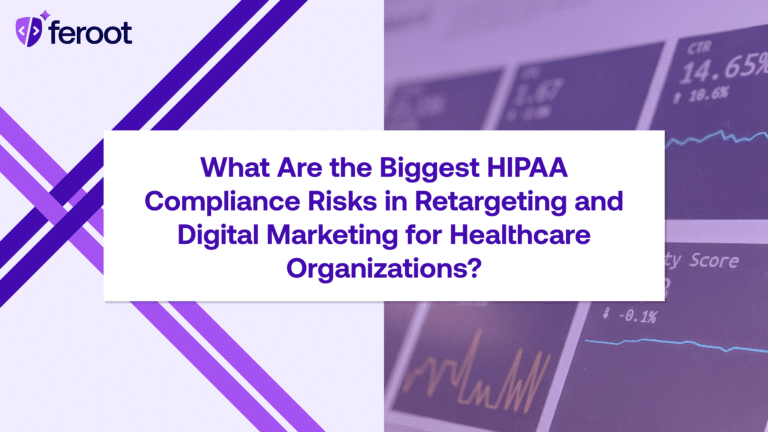Summary
Electronic personal health information (ePHI) refers to any protected health data that is created, received, stored, or transmitted electronically. Securing ePHI is of critical importance for HIPAA compliance and preventing data breaches that can harm patients, providers, and healthcare vendors alike.

What Is Electronic Personal Health Information (ePHI)?
Electronic personal health information, or ePHI, is any individually identifiable health data that is created, stored, or transmitted in an electronic format. It includes medical records, lab results, insurance information, and even data collected through mobile health apps or online portals. ePHI is protected under the U.S. Health Insurance Portability and Accountability Act (HIPAA), which defines strict requirements for its confidentiality, integrity, and availability.
How It Works
ePHI can exist in a wide variety of digital formats and environments—from electronic health records (EHRs) and online scheduling platforms to patient portals and cloud-based medical billing systems. Covered entities (such as hospitals, clinics, and insurers) and business associates (such as vendors or SaaS platforms handling patient data) must ensure that any system or device that accesses ePHI is secure. HIPAA requires technical, administrative, and physical safeguards for ePHI, including access controls, encryption, audit logging, and secure transmission protocols.
Who Should Be Concerned
Organizations that handle or process ePHI include:
- Healthcare providers: Hospitals, clinics, and private practices
- Health plans and insurers
- Business associates: SaaS vendors, IT providers, cloud storage platforms
- Patients: Particularly when using web-based forms or portals
- Third-party scripts: Any external code embedded on healthcare websites
Attackers target ePHI for its high black-market value, making it a prime target for cyberattacks such as data exfiltration, credential theft, or JavaScript-based skimming.
Real-World Examples
- A major hospital system experienced a breach when a third-party script embedded in its online appointment form exposed patient data, including names, diagnoses, and insurance details.
- A health insurance company was fined millions after a misconfigured cloud database leaked ePHI, violating HIPAA rules.
- Browser-based trackers like Meta Pixel and Google Analytics were found collecting ePHI through patient portals, triggering regulatory investigations.
How to Secure It
To secure ePHI, organizations should:
- Conduct routine risk assessments across web assets and APIs
- Use encryption for data in transit and at rest
- Monitor and control third-party JavaScript behavior
- Deploy Content Security Policy (CSP) and Subresource Integrity (SRI) headers
- Audit all scripts, cookies, and tracking technologies on patient-facing pages
- Ensure compliance with HIPAA’s Security Rule
How Feroot Helps
Feroot’s client-side security platform protects your web applications and forms from unauthorized data access or ePHI leakage. With HealthData Shield AI, healthcare organizations gain complete visibility into what scripts are running in the browser, where data is going, and whether any unauthorized collection of ePHI is occurring. Feroot makes it easy to enforce HIPAA compliance and stop risky tracking behaviors before they lead to fines or breaches.
FAQ
What is considered ePHI under HIPAA?
Any individually identifiable health information that is created, stored, or transmitted electronically—including names, health conditions, billing data, and digital health records.
Is patient data collected through web forms considered ePHI?
Yes. If a patient enters health-related information through a website or app, that data is considered ePHI and must be protected under HIPAA.
Can analytics scripts violate HIPAA?
Yes. If tools like Google Analytics or Meta Pixel collect personal health data without explicit patient authorization, they can trigger HIPAA violations.
How do I prevent ePHI exposure through my website?
Use tools like Feroot’s HealthData Shield AI to monitor and control third-party scripts, ensure data encryption, and deploy client-side protections like CSP and SRI.


